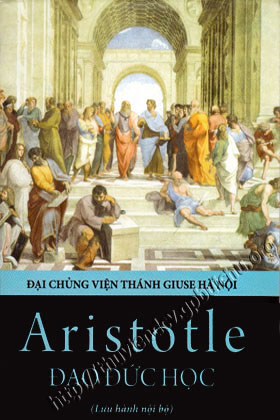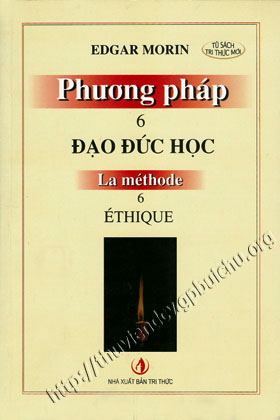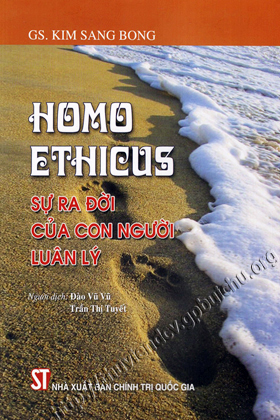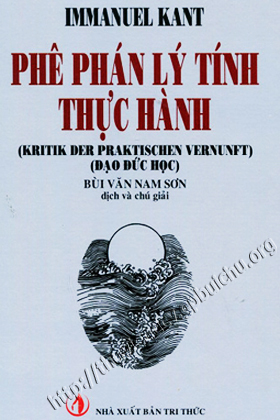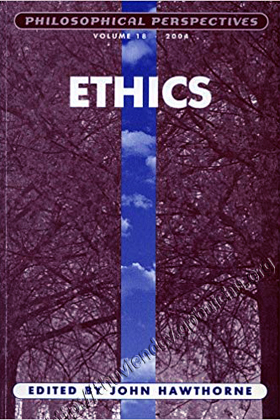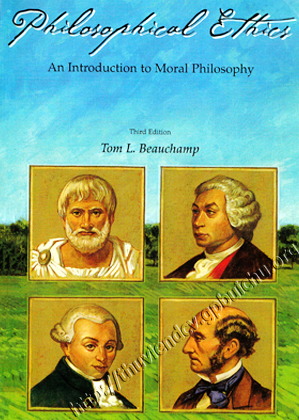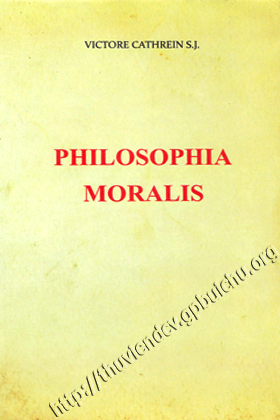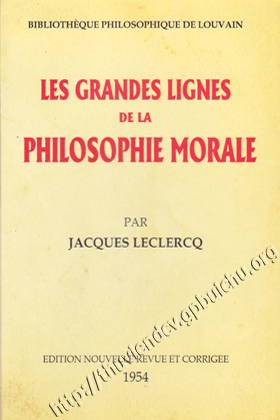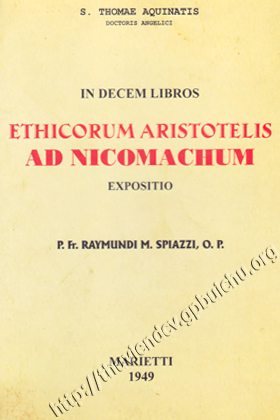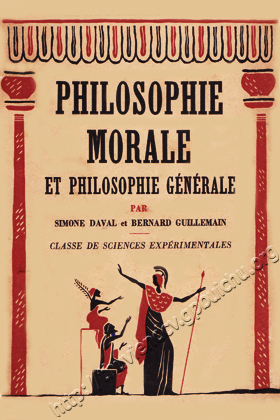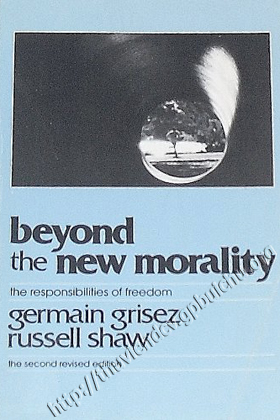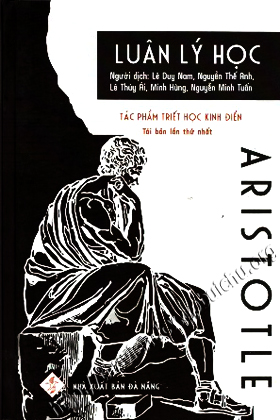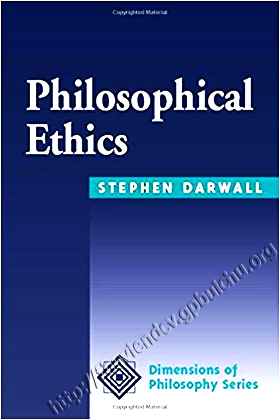
| Philosophical Ethics | |
| Phụ đề: | Dimensions of Philosophy Series |
| Tác giả: | Stephen Darwall |
| Ký hiệu tác giả: |
DA-S |
| DDC: | 170 - Triết học đạo đức |
| Ngôn ngữ: | Anh |
| Số cuốn: | 1 |
Hiện trạng các bản sách
|
||||||||||||||||
» Thêm vào danh sách tác phẩm yêu thích
| Preface | XV |
| Part 1: Introduction | |
| 1. What Is Philosophical Ethics? | 3 |
| Ethical Opinion and Human Life, | 3 |
| Ethical Inquiry: Normative Ethics, | 5 |
| Philosophical Inquiry About Ethics: | |
| Metaethics | 8 |
| Philosophical Ethics | 12 |
| A Plan of Study | 14 |
| Part 2: Metaethics | |
| 2. Metaethics: The Basic Questions | 17 |
| The Objective Purport of Ethical Conviction | 17 |
| What Is There for Ethical | |
| Convictions to Be About? | 21 |
| A Related Problem Concerning Evidence in Ethics | 22 |
| A Fundamental Dilemma of Metaethics | 25 |
| Suggested Reading | 26 |
| 3. Naturalism | 27 |
| Metaphysical Naturalism and Ethics | 27 |
| Ethical Naturalism, 30 | 30 |
| Problems for Ethical Naturalism | 34 |
| Suggested Reading | 38 |
| 4. Theological Voluntarism | 39 |
| Reductive Versus Nonreductive Supernaturalism | 40 |
| Theological Voluntarism | 40 |
| What Theological Voluntarism Is Not | 42 |
| A Reductive Account of God’s Authority | 46 |
| Problems for Theological Voluntarism | 46 |
| Suggested Reading | 47 |
| 5. Rational Intuitionism | |
| Irreducibility and Objective Purport | 50 |
| Ethical Perception? | 50 |
| The Nature of Rational Intuitionism | 51 |
| Necessity and Rational Perception | 51 |
| Problems for Rational Intuitionism | 52 |
| Suggested Reading | 54 |
| 6. The Ideal Judgment Theory | |
| Hume’s Challenge, Again | 55 |
| Three Models of Ethical Judgment | 57 |
| Aspects of Ideal Judgment | 58 |
| Problems for the Ideal Judgment Theory | 59 |
| Another Version of the Ideal Judgment | |
| Theory? Ideal Practical Judgment or Agency Theory | 60 |
| Suggested Reading | 61 |
| 7. The Error Theory and Ethical Relativism | |
| The Error Theory | 63 |
| Ethical Relativism | 64 |
| What Ethical Relativism Is Not | 66 |
| Could Ethical Relativism Be True | 68 |
| Suggested Reading | 70 |
| 8. Noncognitivism | |
| Varieties of Noncognitivism | 72 |
| The Sources of Noncognitivism | 74 |
| Problems for Noncognitivism and Possible Responses | 75 |
| Suggested Reading | 79 |
| 9. Interlude | 81 |
| Part 3: Philosophical Moralists | |
| 10. Hobbes I | 87 |
| Hobbes’s Context | 87 |
| Desire, Deliberation, and Value | 90 |
| Laws of Nature and Normativity | 93 |
| 11. Hobbes II | 97 |
| The Problem of Collective Action | 97 |
| What If Everyone Did That? | 100 |
| Fairness, Natural Law, and Political Authority | 101 |
| Why Should We Keep Promises? | |
| Hobbes’s Reply to the Fool | 102 |
| Summary: Hobbes’s Theory of Morality and | |
| Moral Obligation | 106 |
| Conclusion and Remaining Issues | 107 |
| Suggested Reading | 108 |
| 12. Mill I | 109 |
| Prelude: Ethical Thought and Social Context | 109 |
| Mill’s Project | 110 |
| A "Criterion of Right and Wrong" | 111 |
| Nonmoral Good and Hedonism | 113 |
| Pleasure, Desire, and Mill’s “Proof,” | 114 |
| Hedonism and the Genesis of Desire | 118 |
| Desire, Higher Goods, and the Ideal Judgment Theory | 119 |
| Mill’s Value Theory: A Summary | 122 |
| 13. Mill II | 123 |
| Good To and Good For | 123 |
| From Value to Morality | 125 |
| From Moral Good to Moral Right: | |
| Act-Utilitarianism | 127 |
| Defending AU Against Some Objections | 129 |
| Objections to AU: Some Case Studies | 131 |
| Justice and Rules: Rule-Utilitarianism | 132 |
| RU Versus AU and the Normativity of Morality | 137 |
| Suggested Reading | 138 |
| 14. Kant I | 139 |
| Moral Internalism and Externalism | 139 |
| The Critical Philosophy: Theoretical and Practical | 140 |
| Rational Agents, Reasons, and Universal Laws: | |
| A Preliminary | 142 |
| Kant’s Project in the Groundwork | 144 |
| Morality: Necessity, Universality, and the A Priori | 145 |
| The Good Will | 147 |
| Moral Worth | 149 |
| A Derivation of the Categorical Imperative? | 152 |
| 15. Kant II | 155 |
| Categorical Versus Hypothetical Imperatives | 155 |
| The Formula of Universal Law | 158 |
| The Formula of the End in Itself | 163 |
| The Formula of Autonomy and the Realm of Ends | 166 |
| One Categorical Imperative? | 167 |
| Deontology or Consequentialism? | 168 |
| Kant’s Internalism: An Ideal Agent Theory | |
| of Normative Reasons | 169 |
| Final Thoughts | 172 |
| Suggested Reading | 172 |
| Part 4: Philosophical Ethics Without Morality? | |
| 16. Nietzsche | 177 |
| A Genealogy of Morals | 178 |
| Nietzsche’s Critique of Morality: | |
| The Basic Idea | 179 |
| Natural Good and Bad (Noble and Base): | |
| The Ethics of Aristocracy | 182 |
| Morality, Hatred, and the Herd | 184 |
| A Perfectionist Ethics | 186 |
| Beyond Morality? | 188 |
| Morality Versus “Supramorality,” | 189 |
| Suggested Reading | 189 |
| 17. Aristotle I | 191 |
| The Chief Good | 192 |
| Ethical Truth and Ethical Wisdom | 200 |
| 18. Aristotle II | 203 |
| Virtue, Ideals, and the Noble | 203 |
| Ethical Education: Acquiring Virtue | 206 |
| The Theory of the Mean | 208 |
| Principles and Practical Wisdom | 210 |
| Conclusion | 214 |
| Suggested Reading | 215 |
| 19. Ethics of Care | 217 |
| Moral Development: From the Perspectives | |
| of Kohlberg and Gilligan | 218 |
| Ethics of Rights Versus Ethics of Care | 220 |
| An Example | 221 |
| What Is at Issue | 223 |
| Particularism | 224 |
| Morality as Derivable from Individual - | |
| Regarding Care and Respect | 225 |
| Conclusion | 228 |
| Suggested Reading | 228 |
| Notes | 229 |
| Glossary | 233 |
| Index | 245 |








